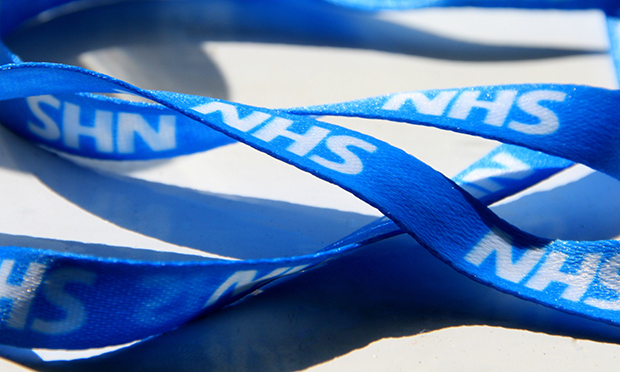Health scrutiny chair seeks answers on ‘real reform’ to NHS 111 service

The chair of an influential commission scrutinising health matters in Hackney sought answers this week over the NHS 111 service and the prospect of its “real reform”.
NHS 111 exists to give guidance to people with urgent medical problems, with an agenda existing across the City of London and Hackney health networks to deliver the so-called ‘Think 111 First’ agenda, which aims to increase both the capability and capacity of the service and enable it to make appropriate direct onward bookings for patients.
During an update on unplanned care from workstream director Nina Griffith, Cllr Ben Hayhurst pointed to reports of failings by the service, with Griffith herself revealing that local feedback “consistently” highlighting the feeling that residents are being dealt with by an algorithm and that the service does not meet local need.
Cllr Hayhurst said: “We’ve gone from a situation where we’ve had a failed private provider eight years ago. The GPs took it over, it was well-funded, it was a Rolls Royce service, everybody who called up got to speak to a GP, a trained doctor, immense confidence in the system.
“I used it several times, it kept me and my kids away from A&E on a number of occasions. Now it’s been replaced by 111, whereby at best 30 per cent of people get to speak to a clinician.
“Stories in the media came out in terms of wrong diagnosis and not being sent into hospital when they should have done, further undermining confidence. Is there scope of a real reform to this system that provides confidence?”
According to documents submitted to the council, capacity has been increased within the north-east London 111 service to improve access, with ongoing monitoring of the service taking place to ensure that patients are being effectively triaged.
The number of primary care slots available for 111 to book into has been increased, with a chest pain pathway also agreed that allows the service to make bookings of certain types of chest pain into primary care rather than sending people to hospital.
A pilot programme is also taking place to send people from 111 directly to the Homerton Hospital’s early pregnancy unit, in order that pregnant women calling 111 can be sent straight to a specialist clinic, with the end of the month also to see direct booking available from 111 directly to the Homerton’s emergency department.
However, patients are continuing to be advised to call their own GPs when open, with the system recognising that this remains the “best entry point” to urgent care for most people, rather than the 111 service.
Speaking at a Health in Hackney scrutiny commission meeting, Griffith accepted that the targeting of “the right types of people to use the system” needed to improve, while accepting that people will still continue in the end to present themselves directly at A&E when seeking urgent care.
Responding to Hayhurst, Griffith said: “It’s a tough one. Firstly, there is a lot of national policy direction on the 111 model and the one we currently do have in north-east London, which is an initial conversation with an algorithm and then a clinical assessment service if you are deemed to need a clinical triage, or for certain cohorts an immediate conversation with a clinician.
“There is a lot of national attention going into that. There has been national moneys that have gone into 111 to try to increase capacity, and the service responded very well during the pandemic. They had a shaky start, but it then did get much better.
“Concrete things that you can measure, like access and the number of people who get a clinical assessment before being sent to hospital, they do pretty well on, but I agree we do consistently get the feedback that it feels like you are talking to an algorithm or they don’t quite meet local needs.
“One of the things that’s changed is a north-east London urgent and emergency care group which brings together partners across hospitals, commissioners and 111, gives us levers to work with and improve 111 and work with London Ambulance Service.
“There’s more that we can do with this service – however, I’m a realist about the fact that when your GP is open it is a better port of call than 111. We’re telling people to call their own GP rather than 111 when it’s open, and that will continue to be our advice.”
